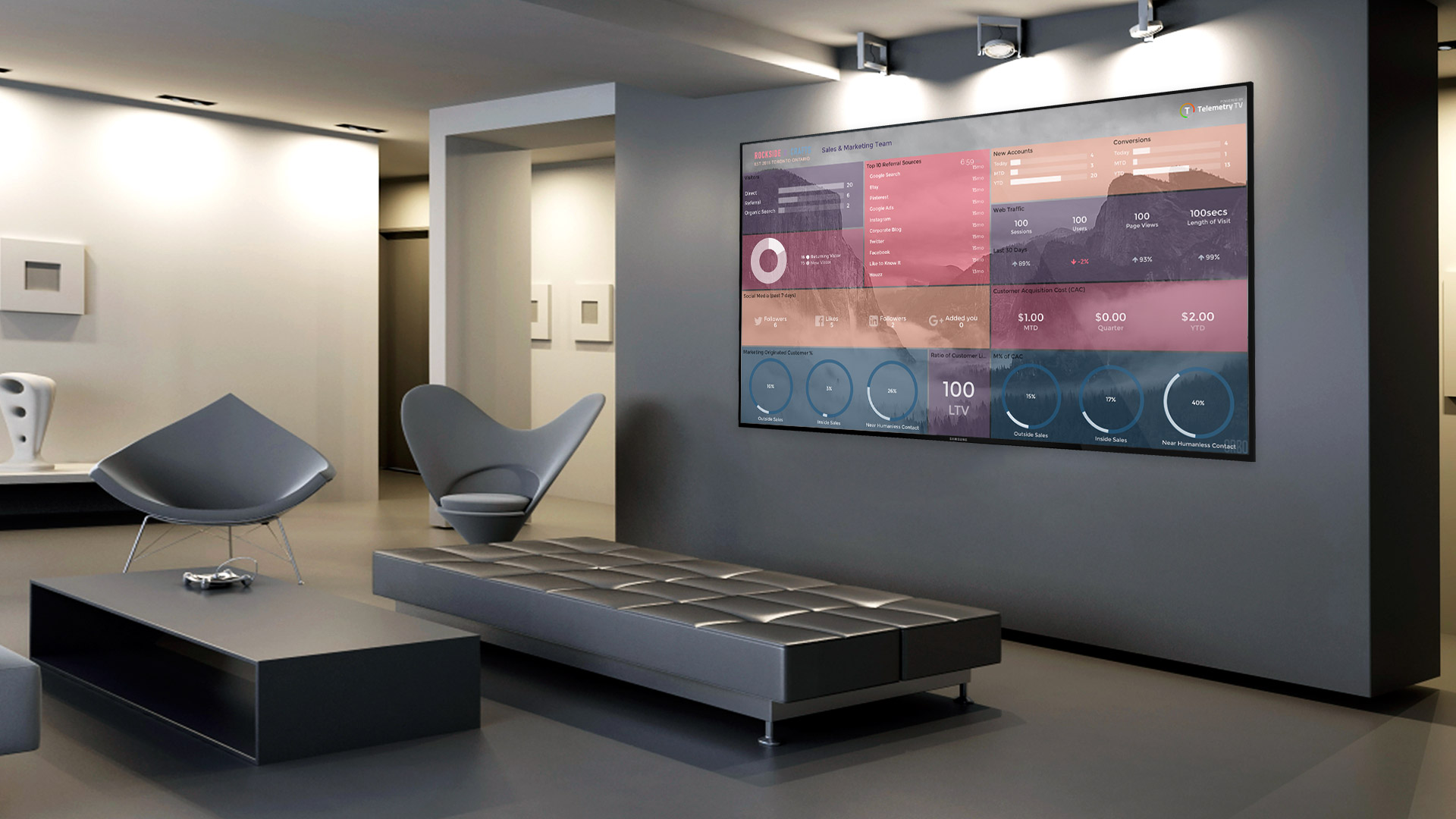As more people switch to electric vehicles (EVs), the need for reliable and efficient charging infrastructure is becoming increasingly important. Installing an electric vehicle charging station at home or in a commercial setting can be a complex task, and it’s important to work with an experienced and qualified electrician to ensure that the installation is safe and efficient. In this article, we will explore how an electrician can help you install and maintain your electric vehicle charging station.
- Choosing the Right Charging Station
The first step in installing an electric vehicle charging station is choosing the right equipment. There are several different types of charging stations available, including Level 1, Level 2, and DC fast charging stations. An experienced electrician can help you determine which type of charging station is best suited to your needs and budget.
Level 1 charging stations are the most basic type of charging station and can be plugged into a standard 120V outlet. They are relatively slow, with a charging rate of around 4-5 miles of range per hour. Level 2 charging stations, on the other hand, require a 240V outlet and can provide a charging rate of up to 25 miles of range per hour. DC fast charging stations are the fastest type of charging station, with a charging rate of up to 80 miles of range in just 20 minutes.
An electrician can help you assess your electrical system and determine which type of charging station is best suited to your needs. They can also help you choose a high-quality charging station that is compatible with your EV and meets all safety and regulatory requirements.
2. Electrical System Upgrades
Installing a charging station typically requires electrical system upgrades to accommodate the additional power demand. An experienced electrician can evaluate your current electrical system and determine what upgrades are necessary to ensure safe and efficient charging.
For example, the electrical panel may need to be upgraded to handle the additional load of a charging station. The electrician may also need to install a dedicated circuit for the charging station and ensure that the wiring is up to code.
In addition, an electrician can help you assess your overall electrical usage and recommend any other upgrades or modifications that may be necessary to ensure that your home or business can handle the increased energy demand.
3. Proper Installation and Testing
Installing an electric vehicle charging station is a complex task that requires specialized knowledge and expertise. An electrician can help ensure that the installation is done safely and efficiently, and that the charging station is properly connected and tested before it is put into use.
This includes ensuring that the charging station is properly grounded, that the wiring is correctly installed, and that all safety features are working properly. An electrician can also test the charging station to ensure that it is providing the correct voltage and amperage, and that it is communicating properly with your EV.
4. Ongoing Maintenance and Repairs
Once your charging station is installed and in use, it’s important to keep it well-maintained to ensure that it continues to function safely and efficiently. An experienced electrician can provide ongoing maintenance and repair services to keep your charging station in top condition.
This includes regular inspections to ensure that the charging station is functioning properly, and that all safety features are working as they should. An electrician can also perform routine maintenance tasks, such as cleaning the contacts and checking the wiring, to ensure that the charging station is working at its best.
If any issues arise, such as a malfunctioning charging cable or a faulty circuit, an electrician can provide prompt repairs to get your charging station back up and running as quickly as possible.




